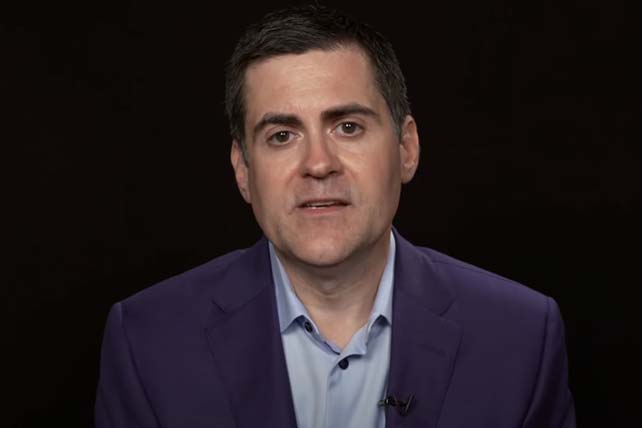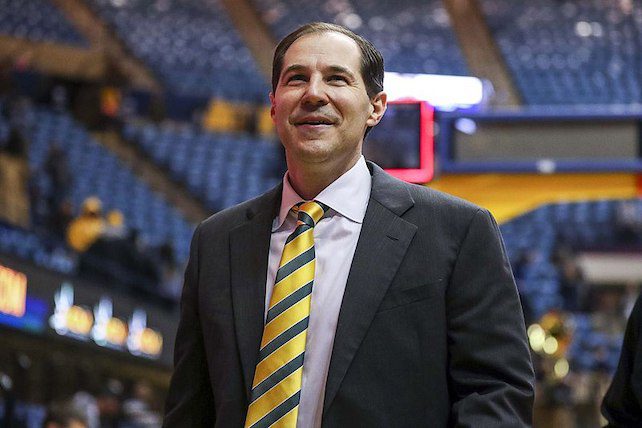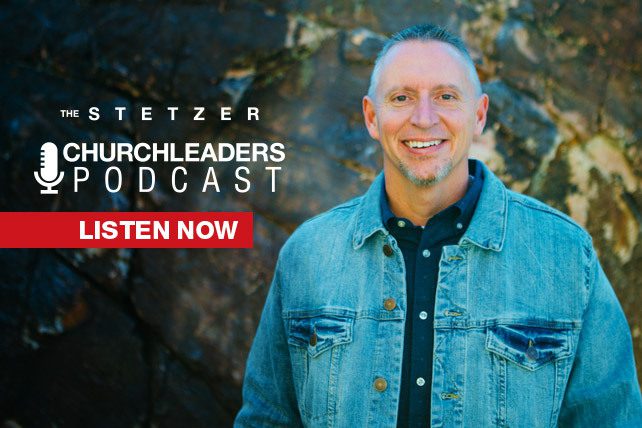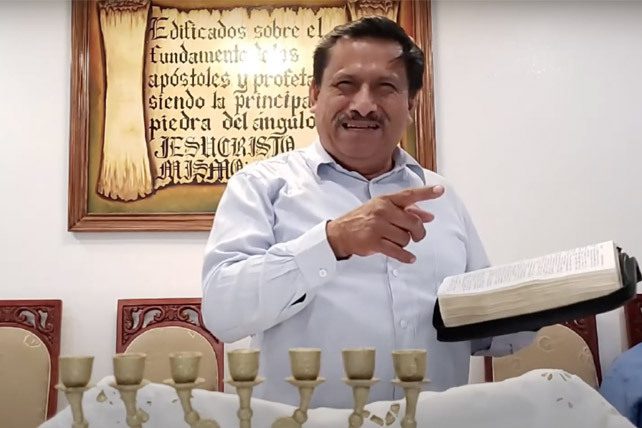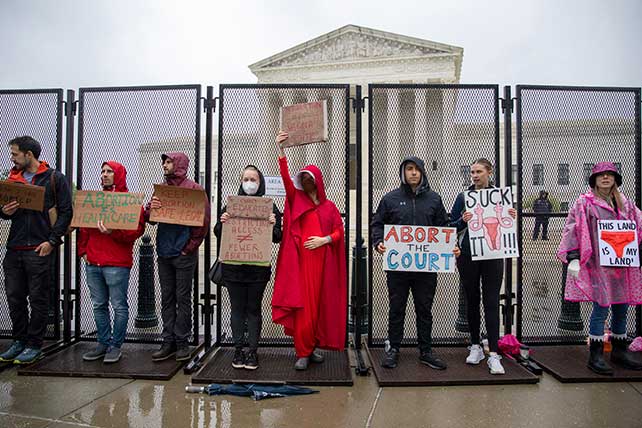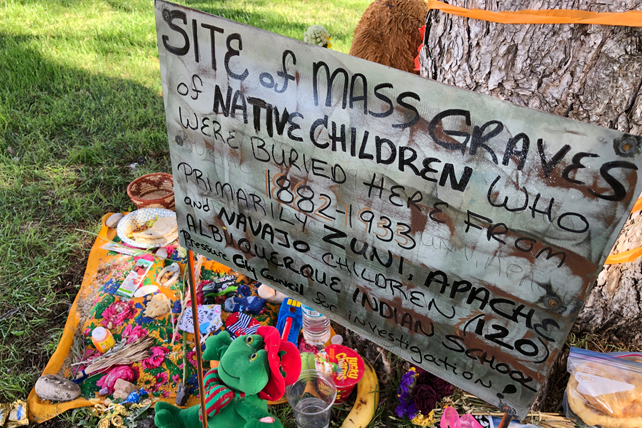Developing leaders is an art. It’s a great responsibility and one of the most meaningful things you can do as a leader. Personally, I love it! It’s life-changing, Kingdom advancing, and spiritual legacy in the making.
It’s nearly impossible to accomplish your God-given vision by yourself, therefore developing other leaders becomes essential.
It’s rare that anyone would disagree with that, and yet a surprising number of leaders acknowledge the lack of intentional development on their staff and among their volunteers.
Pastors talk about their desire to develop others but say they just don’t have the time.
I get that.
Leadership development isn’t something that screams at you to make it happen. You have to fight for the discipline to stay with it.
Developing leaders helps you break through your leadership lid.
Here’s one personal example, for so many years, I used a program I created called Joshua’s Men.
I led one group a year with 7 or 8 guys. My passion was high, and the results were good, but my strategy was poor.
Today I have 6 leaders leading the J-Men groups at 12Stone Church, and they are incredibly gifted at it. I call that Kingdom math. I can develop 8 guys a year; the leadership team can develop 48 per year. That’s a lid buster!
You can also get some help in developing your leaders through expert resourcing.
A unique and creative opportunity is happening on March 3-4, called She Leads Church: A Summit for Women in Church Leadership. It’s a fantastic opportunity for developing women leaders that serve in your church! And this online event is FREE! Register for your free ticket here.
There are specific practices among the best developers of leaders, and I’m sharing five of them with you here.
5 Practices of leaders who develop leaders:
1) Continuous improvement in self-leadership
You don’t have to become a leadership expert to develop other leaders, but you do need to keep improving your own skills and self-awareness.
If you can’t lead yourself well, it’s difficult to lead others and nearly impossible to develop other leaders.
There’s no magic bullet or quick fix to self-leadership. Improving your personal habits and leadership skills is a life-long endeavor.
Here are a few helpful questions:
- How consistent is your prayer life? Do you sense God’s presence and voice in your life?
- How are you leveraging your greatest skills and abilities?
- What skill-gap are you working on that would help you achieve your current top organizational priority?
- How would you answer this question? I’d be a better leader if: _________________________.
- Do you have someone who coaches or mentors you?
The best mindset you can have for this is not one of another task on your to-do list that you must accomplish this week, but one of a life-long pursuit that you take one small bite at a time.
2) Intentionally gather potential leaders
The best developers have the ability to gather potential leaders.
You don’t have to have a big personality or be a top communicator, but you need to be intentional. Eagles don’t flock; you have to go get them one at a time.
What are you doing to discover and meet potential leaders? You can start by praying for them.
What you pray for, you look for, and what you look for you find.
Pray for leaders!
Develop them. Here’s a tried and true approach that will help you get started in developing leaders. You can read it here.
Here are some common traits among those who can gather potential leaders well.
- They have a positive, faith-filled attitude.
- They love life.
- They believe the best in others.
- They are encouragers.
- They want more for people than from them.
3) Demonstrate productivity in leadership endeavors
Leaders who develop leaders need the credibility that comes from building something they lead.
Build anything, something small, something large, but build. It’s not a scorecard, but it does something intangible and immeasurable for you to know that you can lead — that you can grow what you lead.
It does something for those who follow you and embrace your development. You don’t have to have all the answers or a big church, but progress is important.
Here’s some encouraging news, you can do both simultaneously. Sometimes that’s how it happens. You develop some leaders, and they help you break through to the next level.
If you don’t have a lot of experience or success in developing leaders, start where you are and with who you have. Start with one person or with a group of three. Start small but start.
Leadership development was never designed to be a big event. Leadership events can be incredibly helpful with strong content and inspiration, but at its core, development has to be personal.
4) Adept at integrating art and system
Some leaders are better at the art and some better at systems; the best can do both.
In most of my younger leadership, I leveraged my strength in the “art” of developing a group of leaders. It came naturally and was largely intuitive.
But I wasn’t strong at the overall strategy for developing hundreds or thousands of leaders. I’ve made a lot of progress in those systems over the years, and I’m still learning.
Which side are you best at? How can you develop the other?
The art is to lean into connection, selection, reading the room, spotting the catalytic moments, and paying attention.
The systems are more about how to move from developing a few to developing many.
5) Empowering those who have been developed
There is one step beyond developing your leaders, and that is to actually empower them to lead.
Sometimes it can feel like you are handing the car keys to your teenager; no matter how smart or responsible they are, you know they might wreck the car. But you have to trust them with the keys, or they can’t drive.
Here’s a quick outline on how to empower from my book Amplified Leadership and a blog post that gives you more content.
Clear steps of empowerment:
- Trust with responsibility.
- Train for competence.
- Unleash with authority.
- Communicate clear expectations.
- Believe in each one for maximum potential.
This article originally appeared here.



